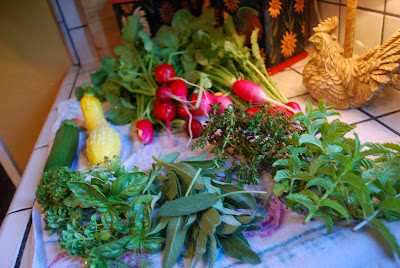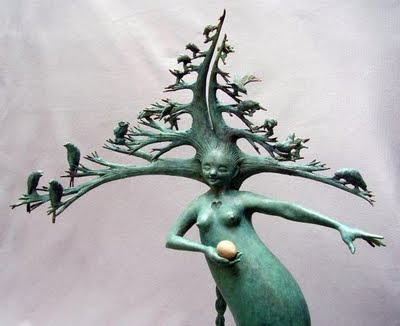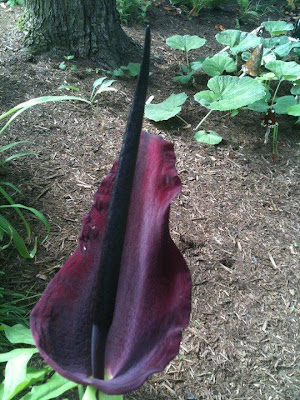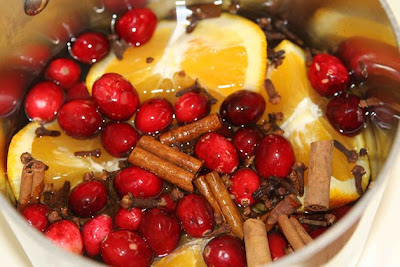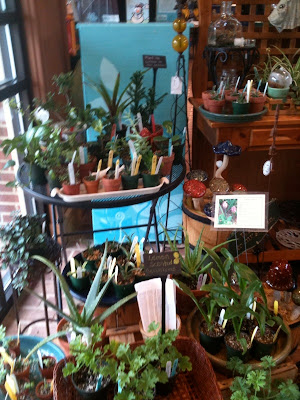
And, so, just like that, we're headed, will-we-or-nil-we, towards Litha.
The great Sumer Solstice.
The fire festival, when Sol Invictus stands highest in the Summer sky.
In my tradition, this is the Feast of the First Harvest. (Is it so, for you, as well?) And so I started my day at the local farmers' market, buying (finally!) ripe and green tomatoes, corn for roasting, cucumbers for (mixed with my own parsley and mint) tzadziki, local pickles, and lettuce for which I imagine many a poet could compose odes. I came home and had fried green tomatoes and iced tea (Southern breakfast of champions) on my screen porch and then went out to weed the herb bed. After several hours of v. aromatic weeding, I came inside to make various kinds of simple syrup for all of July's cocktails: mint, basil, lavender, and dill. I harvested enough sage to make smudging sticks for everyone in my circle and enough dill, sage, and tarragon to make flavored butters for my own use and for Son and DiL. I am going to be so sore tomorrow that I may not be able to move. Good thing it's a day of writing, reading, doing more research.
For me, the first harvest is crucial.
We're here, halfway through the calendar year. We've either achieved some of the goals that we thought about/set back at Samhein/Yule, or we haven't. It's a good time to take stock, weed out the (fucking!) sorrel, (Kali-blasted!) bindweed, and (goddess-damn-it!) maple seedlings, and to begin to cut and use the lavender, basil, mint, and dill. It's time to decide if we need a new planting of basil (time on the treadmill, hours writing prose at work, focus on our family) or if we need to plant something else (learning runes, walking outside, networking, meditation) entirely.
We'll celebrate several later harvests, but, by then, the chance to correct course becomes more and more attenuated. Every ancestral cell in my Scandanavian-RNA body adores these longer, longer, longer days and shorter nights. And yet, and yet, and yet, the old women whose genes live on in me: those old women survived those long Winters because they knew how to pay attention to the early harvests and correct course if needed.
Here are my early harvest course corrections: Even more time on the treadmill, lots more time polishing legal prose, more spontaneous fun, and even more time at my altar.
What's up for you?
Picture found here.


